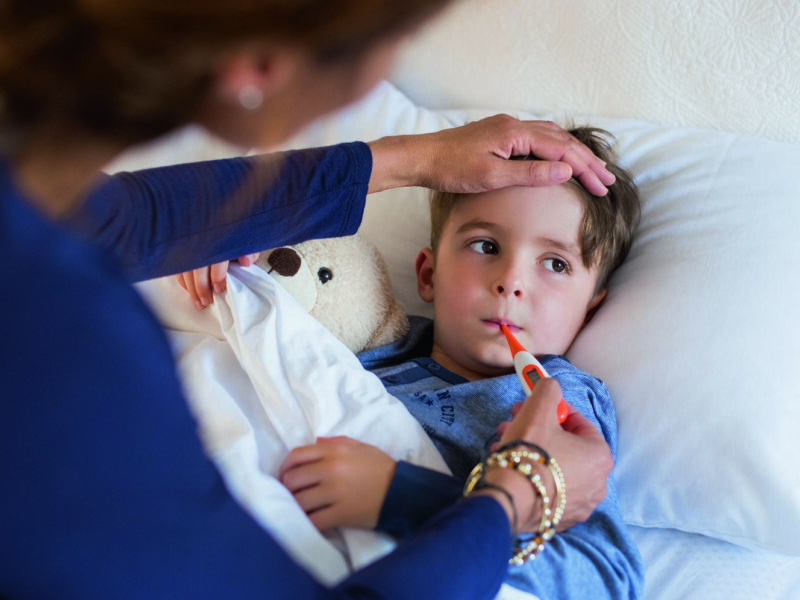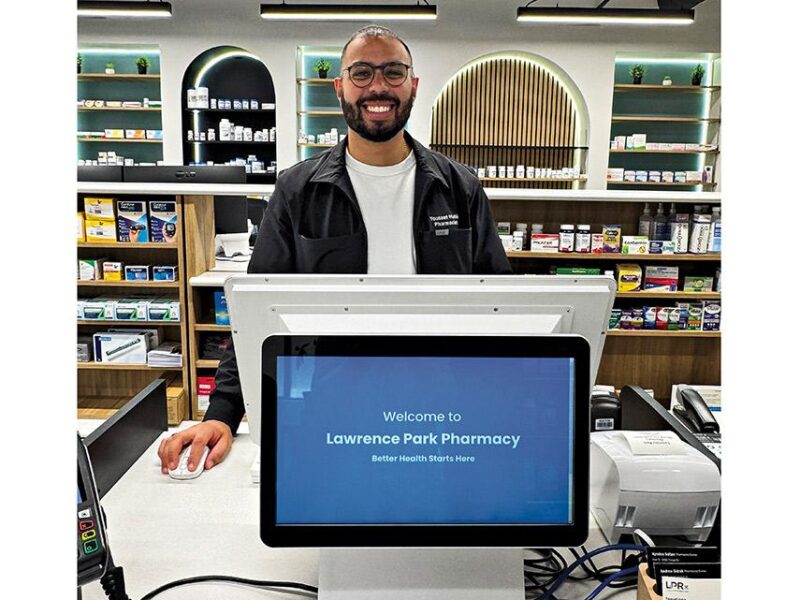Speaking for Themselves
I often see parents speak for their children.
An Aunt asks, “So, Jane, what have you been doing at school?” but before Jane can say anything, Dad interjects, “Jane’s doing great at school. She’s getting almost straight A’s, and she’s joined the debate team.”
Or the family doctor says, “John, tell me about these headaches you’ve been having,” but Mom answers instead, “They seem to happen after he’s had too much screen time. I think it’s his eyes.”
I understand why parents do this. After all, there was a time when their kids couldn’t speak for themselves at all, or at least not well enough to make themselves understood to others. There’s also a natural tendency in parents to look after their kids and so to take over in situations that might be new or stressful.
There’s nothing necessarily wrong with any of that, and there certainly are kids who are more shy or anxious and might actually require more parental intervention. Part of parenting is knowing when our kids need us to help them and when they need us to encourage them to help themselves. The problem is, I think, that parents too often intervene when they aren’t really needed, and this prevents kids from learning to speak for themselves.
It’s good for kids to practise speaking to adults now, when their parents are around to support them if need be. This is how they learn to speak for themselves as they get older and increasingly don’t have that support available any more. They need to learn how to talk to a doctor or a police officer without getting intimidated, how to approach a teacher about a bad grade or a coach about a bad game, how to make small chat and polite conversation, how to listen to other people, how to make contacts – all that important stuff that they’ll never learn if we always do their talking for them.
Kids who don’t learn this when they’re young too often grow into young adults who may have all the school learning in the world but still aren’t able to do basic things on their own. When I was teaching college classes, I had students who were 20-odd years old whose parents had to call me about poor marks on essays. More recently I had a woman almost 30 years old tell me that she couldn’t leave her current rental situation until her Dad came up from Ottawa because she didn’t know how to bring it up with her landlord. These people never learned to speak for themselves as kids, and they now lack the confidence to do so as adults.
So, the next time you catch yourself speaking on behalf of your kids, consider whether this is the kind of situation where they could speak for themselves. They may need a little encouragement, especially if they’re used to you doing all the talking, but empower them to speak up when it’s appropriate. When their Aunt asks them what they’re doing at school, say, “Yeah, how are things going lately?” and then let them have the floor. When the doctor asks about an ailment, say, “Go ahead and explain your symptoms,” and then let them put things in their own words.
You may need to add or explain a few things, especially at the doctor’s office when actual health issues are at stake, but you might be surprised at how capable your kids actually are and at how quickly they learn to be their own spokespeople. Give them a chance. Their future selves will be that much more confident and independent because of it.
Luke Hill has been the parent of birth kids, adoptive kids, foster kids, and just-need-a-place-to-stay kids for fourteen years. He’s had experience with kids in homeschool, public schools, and alternative schools. He’s been a teacher, a camp counsellor, and a coach. He’s also taught parenting courses for Children’s Aid for almost a decade. When he isn’t working with kids, he’s a writer, a publisher, and the director of a non-profit organization that supports book culture.





